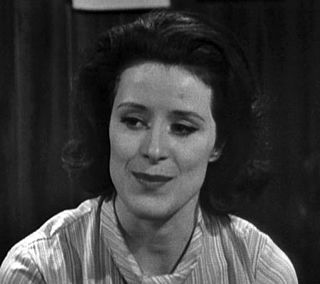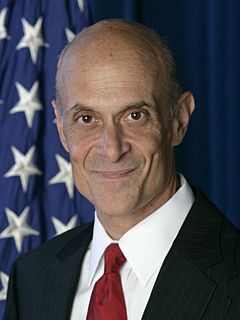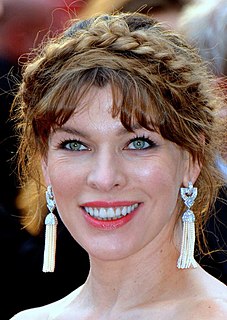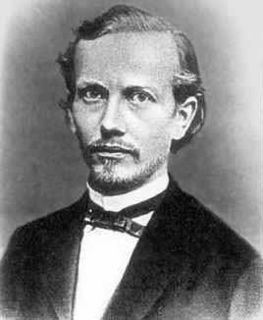A Quote by Albert Einstein
We come now to the question: what is a priori certain or necessary, respectively in geometry (doctrine of space) or its foundations? Formerly we thought everything; nowadays we think nothing. Already the distance-concept is logically arbitrary; there need be no things that correspond to it, even approximately.
Related Quotes
Why are there beings at all instead of nothing? That is the question. Presumably it is not arbitrary question, "Why are there beings at all instead of nothing"- this is obviously the first of all questions. Of course it is not the first question in the chronological sense [...] And yet, we are each touched once, maybe even every now and then, by the concealed power of this question, without properly grasping what is happening to us. In great despair, for example, when all weight tends to dwindle away from things and the sense of things grows dark, the question looms.
If time is treated in modern physics as a dimension on a par with the dimensions of space, why should we a priori exclude the possibility that we are pulled as well as pushed along its axis? The future has, after all, as much or as little reality as the past, and there is nothing logically inconceivable in introducing, as a working hypothesis, an element of finality, supplementary to the element of causality, into our equations. It betrays a great lack of imagination to believe that the concept of "purpose" must necessarily be associated with some anthropomorphic deity.
The pleasure a man gets from a landscape would [not] last long if he were convinced a priori that the forms and colors he sees are just forms and colors, that all structures in which they play a role are purely subjective and have no relation whatsoever to any meaningful order or totality, that they simply and necessarily express nothing....No walk through the landscape is necessary any longer; and thus the very concept of landscape as experienced by a pedestrian becomes meaningless and arbitrary. Landscape deteriorates altogether into landscaping.
The existence of God is not logically necessary, and yet, on the basis of some profound peculiar empirical order in the universe, it seems that He exists as the ultimate uncreated Being, implying a paradox, as no logically unnecessary entity can be uncreated. This paradox is the ultimate question asked by God, who is nothing but the ultimate questioner.
... believing in a God whom we cannot but regard as evil, and then, in mere terrified flattery calling Him 'good' and worshipping him is a still greater danger... The ultimate question is whether the doctrine of the goodness of God or that of the inerrancy of scripture is to prevail when they conflict. I think the doctrine of the goodness of God is the more certain of the two. Indeed, only that doctrine renders this worship of Him obligatory or even permissable.
Repentance means a change of mind. Formerly, I thought sin as a pleasant thing, but now I have changed my mind about it. Formerly, I thought the world an attractive place, but now I know better. Formerly I regarded it miserable business to be a Christian, but now I think differently. Once I thought certain things delightful, now I think them vile. Once I thought other things utterly worthless, now I think them most precious. That is a change of mind, and that is repentance.
I think I am at the end of a certain phase of my life. What I'm on the lookout for now is the unexpected, for things that come from outside and that I never thought might happen. Sometimes you have to watch for them so you don't automatically say no to the new, simply because you're in the habit of saying no to everything that comes along.



































